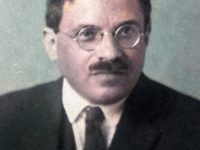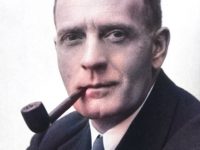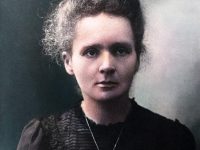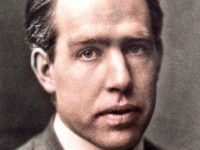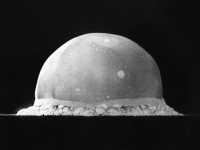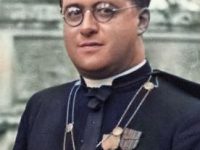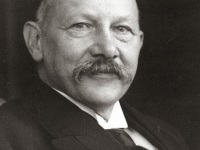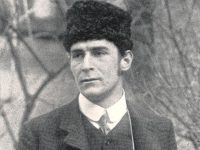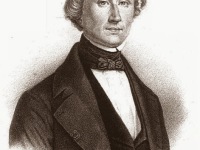Statistical Mechanics with Paul Ehrenfest
On January 18, 1881, Austrian and Dutch theoretical physicist Paul Ehrenfest was born. Ehrenfest made major contributions to the field of statistical mechanics and its relations with quantum mechanics, including the theory of phase transition and the Ehrenfest theorem. “Einstein, my upset stomach hates your theory — it almost hates you yourself ! How am I to provide for my students ? What am I to answer to the philosophers ?” –…
Read more

